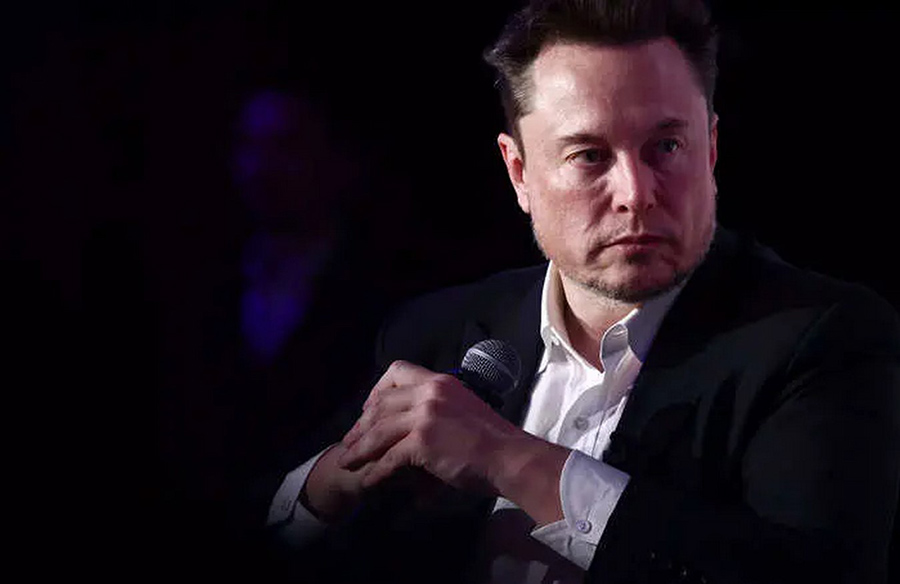Elon Musk’s foray into Twitter shares may have been catalyzed by a dispute with then-Twitter CEO Parag Agrawal over an account monitoring his private jet.
The Complaint and Refusal
According to excerpts from Kurt Wagner’s book “Battle for the Bird,” Musk raised concerns with Agrawal regarding the @ElonJet account, seeking its removal. However, Agrawal declined the request, prompting Musk to take action.
Strategic Share Purchases
Wagner’s account suggests that Musk’s acquisition of Twitter shares closely followed Agrawal’s refusal. Musk initiated his stake-building in January 2022, eventually becoming the largest shareholder with a 9.2% stake by April.
Acquisition Offer and Posturing
In April, Musk made a bid to acquire Twitter at $54.20 per share, indicating a valuation of approximately $44 billion. Despite completing the acquisition in October, Musk asserted his commitment to free speech by refraining from banning the contentious account.
Subsequent Account Bans
Contrary to Musk’s initial stance, the @ElonJet account was eventually banned, leading to mixed reactions. The account’s operator, college student Jack Sweeney, expressed surprise at the suspension but later migrated to Meta’s Threads app, maintaining his tracking endeavors.
Continuing Dialogue
Wagner’s book, “Battle for the Bird,” offers insights into the complex interactions between Musk, Agrawal, and Twitter, shedding light on the dynamics that shaped Musk’s involvement with the platform.
Unanswered Queries
Neither Musk nor Agrawal has provided comments on the matter, leaving questions unanswered regarding the specifics of their interactions and the subsequent developments on Twitter’s platform.
As Musk’s engagement with Twitter continues to evolve, the incident underscores the intersection of personal interests, corporate strategies, and free speech considerations in the realm of social media governance.


